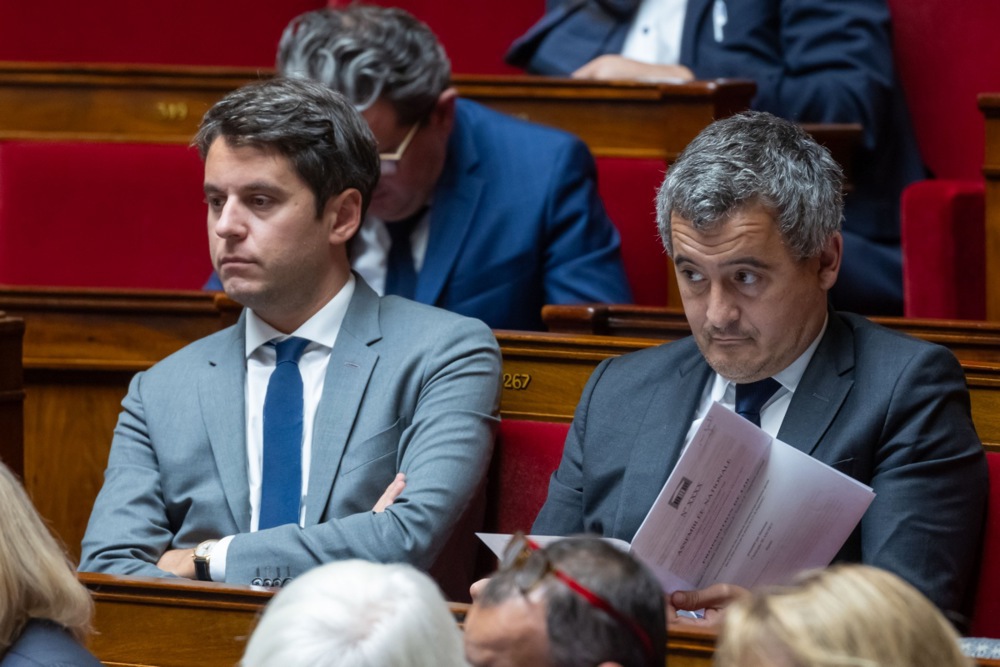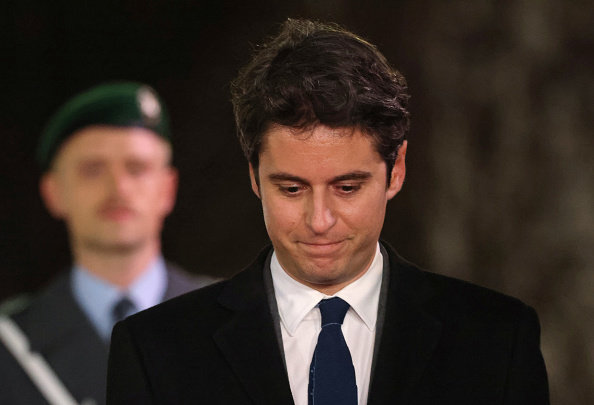French Prime Minister Michel Barnier’s government, only installed in September, seems set to fall apart after having pushed through a social security financing bill.
Lacking a parliamentary majority, Barnier deployed Article 49.3 of the French Constitution on December 2 to force through the financing bill without a vote, getting around potential legislative gridlock.
“It is necessary that France equips itself with a social security financing plan and a budget for 2025. To achieve this, I have pursued dialogue with all political groups, always remaining open and listening,” he said.
With this, he was alluding to the National Rally (RN) and its star player Marine Le Pen, indicating he was open to making concessions towards her party.
Barnier agreed to give assurances to RN by abolishing the surcharge on electricity and announcing a reform of state medical aid.
Le Pen said she had drawn some red lines, including a renunciation of the de-indexation of pensions, better protection for the sick and those who work, but Barnier, she claimed, refused this.
She added that “ordinary French are clobbered with up to €40 billion extra taxes”.
COMMENT: France is the most politically influential and the second largest economic power in Europe and it has arrived at a point that could swiftly descend into substantial social and political disorder, writes @ConradMBlack. https://t.co/xwjznL51xP
— Brussels Signal (@brusselssignal) October 30, 2024
Ultimately, no one seemed impressed by the government’s efforts and when Barnier deployed Article 49.3, the New Popular Front, an alliance of the left-wing parties in parliament, entered a motion to censure the administration – a vote of non-confidence.
“With the 49.3, it is one too many power grabs by an illegitimate government,” hard-left La France Insoumise (LFI) MP Mathilde Panot stated on X on December 3. “Barnier’s fall is a fact. Macron will be next,” she added.
LFI also launched a petition asking support for an impeachment procedure against President Emmanuelle Macron. As of writing, 366,000 people had already signed it.
On its own, the Left does not have a majority, although RN did not approve of the use of Article 49.3 either. Le Pen said her party tabled its own motion and vowed to pursue censure “regardless of its origins”, meaning that an unprecedented majority in parliament would topple the government.
In its motion, the RN pointed to “the absence of structural savings expected by the French on immigration or on France’s contribution to the European Union”.
The text deplored the fact that the government had, in RN’s opinion, shown itself incapable of “stopping spending contrary to the will of the people”, of “giving purchasing power back to the French”, of “defending entrepreneurs and the value of work”, of “fighting against rents, speculation and fraud”, to “trim the state” through “massive de-bureaucratisation”.
These motions are now under a 48-hour review process before a pivotal vote that could potentially topple the government.
Speaking to Europe 1 radio on December 3, Jean-Philippe Tanguy, RN MP and deputy president of the party, said that voting to censure was its “duty”. “We are ready to exercise our responsibility to protect the French, even when it is a difficult choice,” he said, denouncing what he called a “toxic”, “unfair” budget, and a “slippage of €12 billion”.
Tanguy also called for Macron to resign.
“Mr Macron has failed on all fronts. He could have resorted to referendums, but he chose dissolution and failed miserably. Now, only resignation remains. This is what the Fifth Republic provides for. When you fail at dissolution, when you receive such a sanction from our compatriots, you must step down,” he said.
The text of the motion by the New Popular Front lamented that Barnier was willing to work with RN, which it described as “far right”. But the group said it would now accept the help of RN to bring the Barnier government down.
COMMENT: France's reliance on high state spending and unsustainable social benefits has left President Macron unable to reform the economy or rein in deficits, risking EU sanctions, market distrust, and a populist backlash, writes Karl Pfefferkorn. https://t.co/WWrOtIJ7sV
— Brussels Signal (@brusselssignal) December 3, 2024





